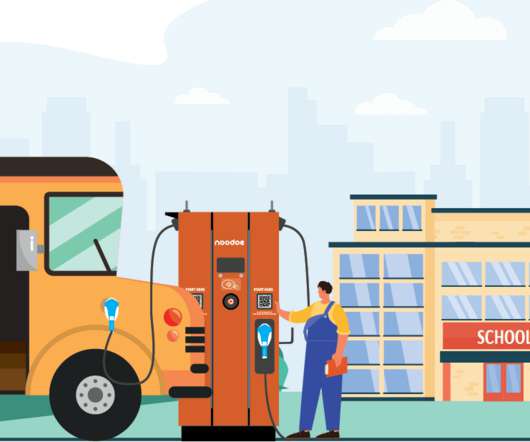Obama sets goal of reducing US oil imports by 1/3 by 2025; domestic and Western Hemisphere production, natural gas, biofuels, electric vehicles, fleet purchases
Green Car Congress
MARCH 30, 2011
Meeting the goal of cutting US oil dependence depends largely on two things, Obama said: finding and producing more oil at home, and reducing dependence on oil with cleaner alternative fuels and greater efficiency. The Administration is pushing the oil industry to produce on leases already held.












Let's personalize your content